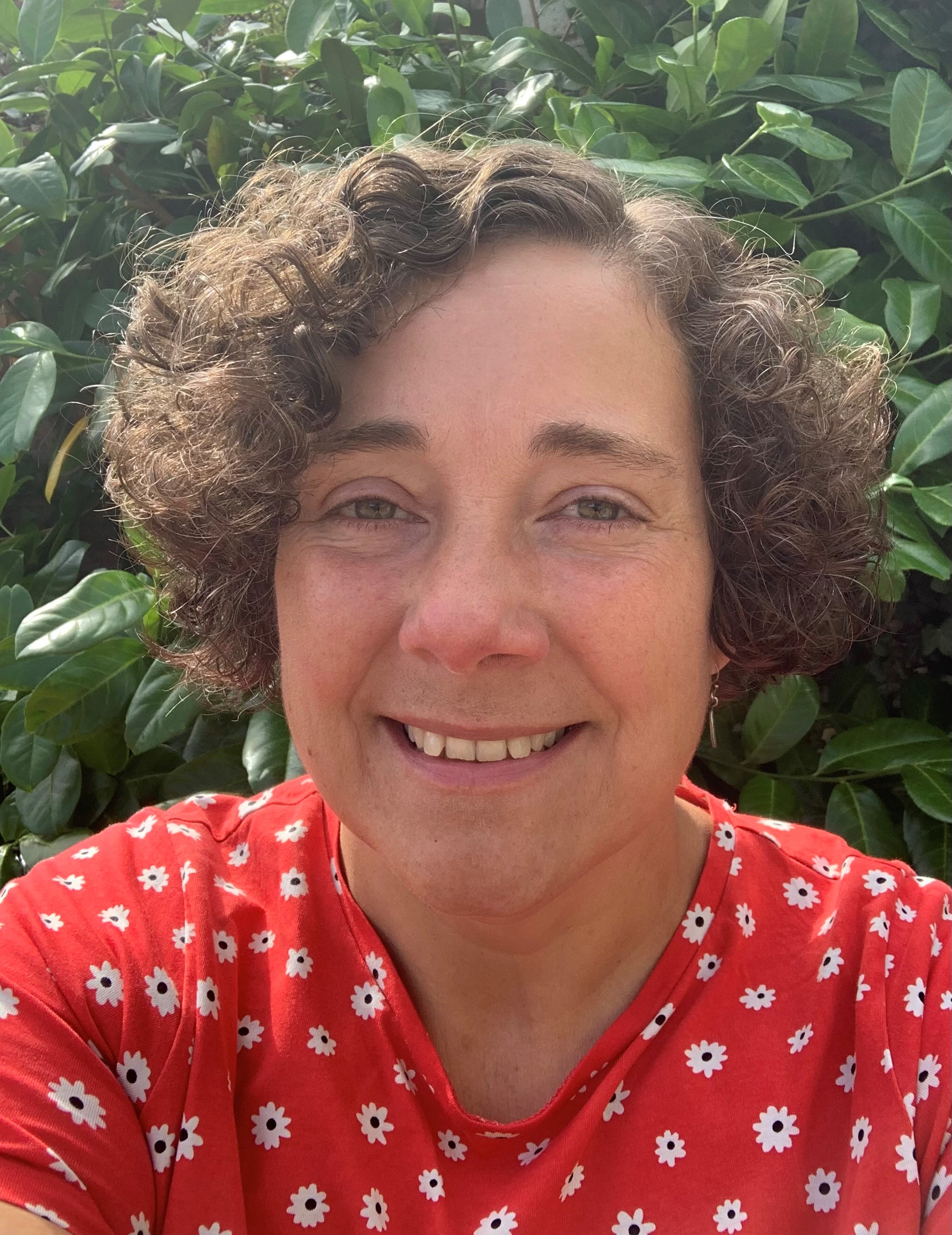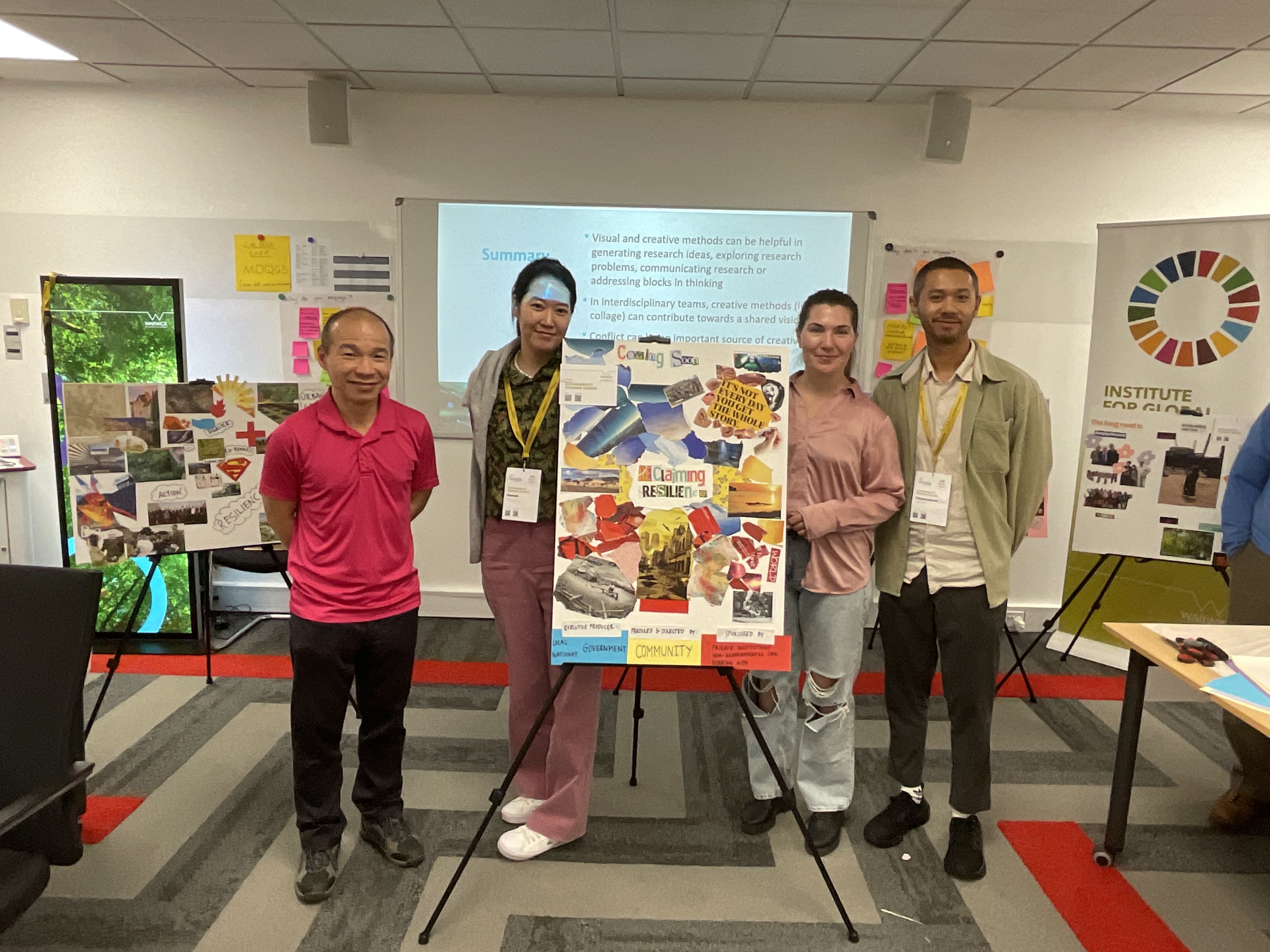Enabling world-class research by supporting those in new careers
Enabling world-class research by supporting those in new careers
Dr Harriet Richmond, Researcher Development Consultant
"People working in formal academic research for the first time often feel out of their depth or alone. Having seen this first hand in another role, I knew that I wanted to provide the kind of support that would build a community culture while helping people discover their own identities, too."

When I joined Warwick in early 2022, I did so having had probably every kind of job it’s possible to have in academia.
Research assistant. Recruitment. Lecturer. You name it.
But it was in the middle of the pandemic, when I was the head of an academic department at another university, that I had something of an epiphany – a realisation of just exactly what it was that mattered to me most: people.
To be more precise, my newfound calling was to support the professional development of early career researchers.
This formed part of my role at the University of Northampton, where I was Head of HRM and Organisational Behaviour in the Faculty of Business and Law, but suddenly I knew that it was what I wanted to really concentrate on.
I say “early career researchers”; that’s a term I’m not especially keen on.
You see, I completed my own doctorate – at Birmingham, in Theatre Design Pedagogy and Creative Practice – while I was already an experienced professional in academia.
It feels to me like “early career researchers”, as they are typically referred to, are often people with years of relevant professional experience that enriches their engagement with “research” in one form or another. I prefer the more inclusive term ‘early-stage researchers’.
But what certainly is true is that those embarking on formal research at universities for the first time often face some big challenges.
I know this from my conversations with them, as well as the things I’ve seen throughout my own career.
Chiefly, the challenge is that early career researchers can feel unsupported and bewildered.
Imposter syndrome is quite a common thing; the sense that you’re on your own now, you’re vulnerable and isolated, and that everyone else in a similar situation must be coping better than you.
So when there was an opportunity to join a university with such a respected reputation for research and focus on the professional learning and development of academic and research staff, I jumped at the chance.
At Warwick, I picked up and led the Research Culture-funded Early Career Research Framework, which has been so refreshing and invigorating.
Its aim is to look at the research ecosystem more critically and help early-stage researchers identify what they want out of it – because all too often, they can feel swept along with the tide and doing things in a certain way to conform to what’s expected.
After conducting a literature review of the most recent research, I built an induction programme for early-stage researchers that helps them consider their own research identity and future trajectory.

One insight in particular shaped my approach.
Because I’ve got a formal academic background myself, I know that training for researchers typically works on a sort of deficit model; they might not have a specific skill, so an hour-long training session will be put on to change that.
But when the problem isn’t one of competencies or knowledge but of a feeling of not belonging or anxiety, a different approach is needed.
Instead, the programme we devised is lot more discursive.
We encourage people to make things in a collage, take photographs or draw while exploring their experiences as researchers, all of which then gives you some great conversation starters to talk about what environments or support they need to thrive.
A lot of the researchers told me that they’d never thought about their research, and their experiences as researchers in this way before, which is great feedback.
I’m fortunate to be at Warwick because there’s an expectation here that professional practice should be research-informed. We’re called “research enablers”, which recognises our primary roles as well as the research we do. I have been encouraged and empowered to do research that shapes the work that I do and I’m not sure that would happen anywhere else.
Looking forward, my ambition is to develop this professional development model to provide education to early stage researchers rather than just training.
By creating spaces where they can feel supported, developed and part of a bigger community, we’ll help them achieve their full potential.
And that’s precisely what I’m truly passionate about.

